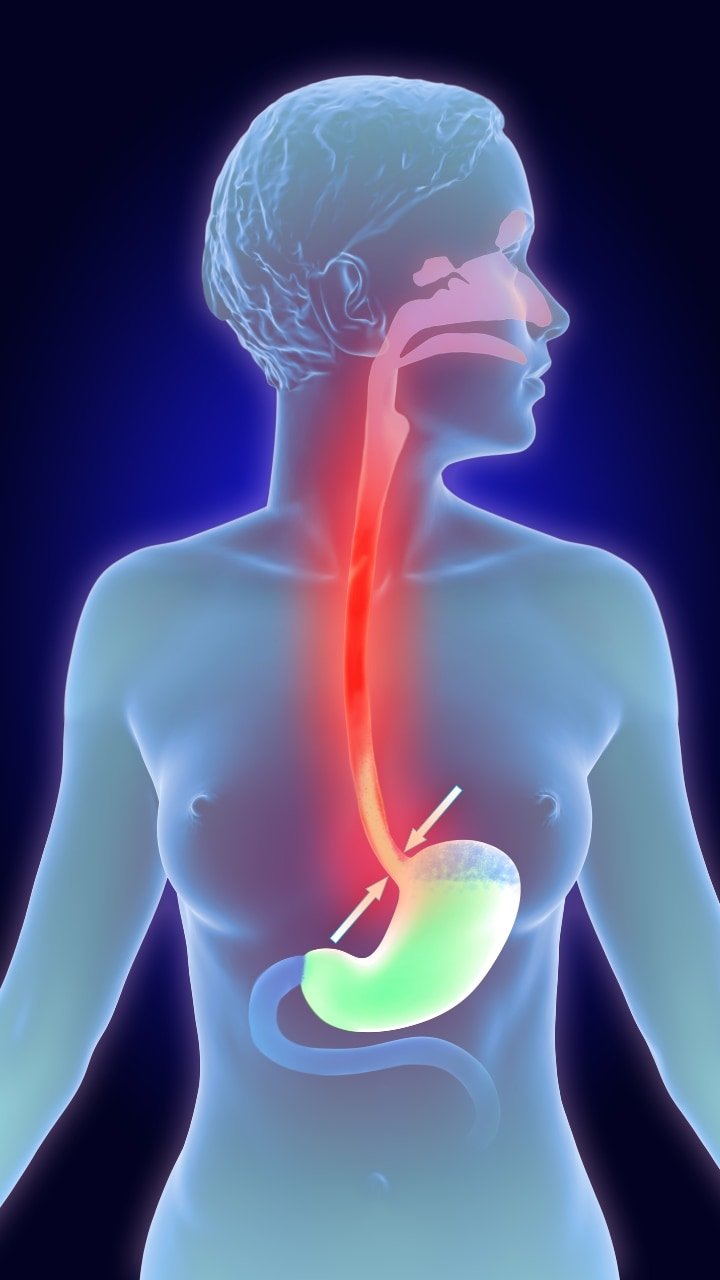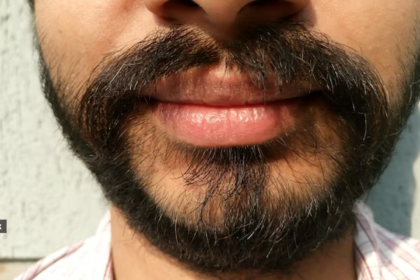You take a sip of your favourite iced coffee, and a sharp pain shoots through your teeth. Or maybe you feel an uncomfortable tingle when enjoying a bowl of hot soup. You chalk it up to regular sensitivity, perhaps due to worn enamel or cavities. But what if the real culprit is something entirely unexpected—something you don’t even notice happening?
Silent acid reflux (LPR) could be quietly eroding your enamel, making your teeth sensitive to hot, cold, and acidic foods. Dr Premila Naidu, Dentist and Founder of Small Bites Dental Clinic, explains why even those without typical heartburn symptoms might be unknowingly damaging their teeth.
The hidden link between acid reflux and tooth sensitivity
While acid reflux is commonly associated with heartburn, silent reflux (laryngopharyngeal reflux or LPR) is far more insidious. According to Dr Naidu, “Silent reflux does not always present with the usual burning sensation in the chest, yet stomach acid may still travel up the oesophagus, reaching the mouth and wearing down enamel.”
Enamel is the hard outer layer of the teeth that acts as a protective shield. Once it wears away, the underlying dentin becomes exposed, leading to increased sensitivity.
Additionally, silent reflux can contribute to dry mouth by reducing saliva production. “Saliva is essential for neutralizing acid and remineralizing enamel,” Dr Naidu notes. Without enough saliva, the effects of acid erosion become even more pronounced, exacerbating tooth sensitivity.
 Stress can contribute to acid reflux, which erodes tooth enamel, damages gums, and can lead to tooth loss if left untreated. (file)
Stress can contribute to acid reflux, which erodes tooth enamel, damages gums, and can lead to tooth loss if left untreated. (file)
How to protect your teeth from acid reflux damage
The good news? There are ways to combat acid-related tooth sensitivity. Dr Naidu recommends a two-pronged approach: managing reflux symptoms and strengthening enamel.
Dietary and Lifestyle Changes
- Avoid trigger foods such as spicy dishes, caffeine, alcohol, and acidic fruits.
- Eat smaller, more frequent meals instead of large portions.
- Don’t lie down immediately after eating—wait at least two to three hours.
- Elevate the head of your bed to prevent acid from traveling up the esophagus at night.
- Reduce stress, as it can exacerbate acid reflux.
Dental Care Strategies
Story continues below this ad
- Use fluoride toothpaste to help remineralize and strengthen enamel.
- Rinse your mouth with water or a fluoride mouthwash after meals to neutralize acid.
- Avoid brushing immediately after acid exposure, as the enamel is temporarily softened.
- Opt for a soft-bristled toothbrush to prevent further enamel wear.
- Stay hydrated to promote saliva production.
For those with chronic silent reflux, Dr Naidu suggests additional preventive measures like chewing sugar-free gum to stimulate saliva flow and drinking alkaline water to neutralize acid. “Visiting a dentist regularly is crucial,” she emphasizes, “as silent reflux damage often goes unnoticed until significant enamel loss has occurred.”
DISCLAIMER: This article is based on information from the public domain and/or the experts we spoke to. Always consult your health practitioner before starting any routine.














